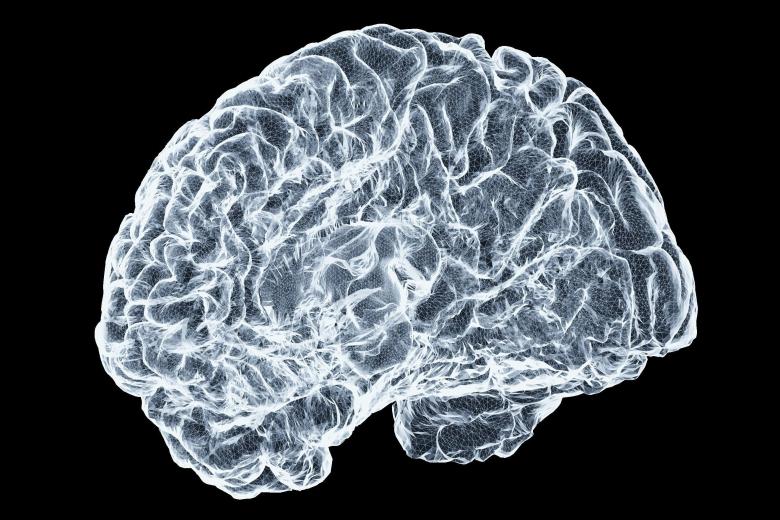'Government should do more to protect the public from health risks'
On 15 July, Maastricht University and GGD Zuid Limburg will say goodbye to Professor Maria Jansen. For many years she has worked to promote health policy with a closer alignment between research and practice. In her farewell speech, Jansen advocates a stronger role for government in improving public health and equal health opportunities.
Linking research, policy and practice
In 1989 Maria Jansen started as a health educator at the area health authority, then called GGD Zuidelijk Zuid-Limburg. She immediately started research on road-safe mobility for the elderly, in conjunction with Maastricht University (UM). One of the aims of the study was to encourage the elderly to continue using independent transport safely, thus also preventing loneliness. This was the starting point of a career in which Jansen connected research, policy and practice in the public health domain.
Jansen worked at the GGD Zuid Limburg public health authority for 33 years. For the past 16 years she has worked as a programme leader for the Living Lab Public Health Limburg (AWPG), a partnership she founded between UM, GGD Zuid Limburg and the municipalities in the region. From 2014 Jansen was also a Professor of Population-focused Health Policy at UM. Over the years she has collaborated with a variety of partners to strengthen the foundations of public health through research, convince policy makers of the value of research in health policy, and involve research institutions more firmly in societal issues.
Tackling health inequalities
The theme of health inequality is particularly close to Jansen’s heart and with her critical and innovative approach, she is a well-known voice in the public debate and the media. She initiated numerous projects aimed at reducing health inequalities in the region, and made an impact on policymakers with the scheme Healthy Primary School of the Future (Gezonde Basisschool van de Toekomst) and the report In Search of the Limburg Factor (Op zoek naar de Limburgfactor). Her influence has extended beyond the region to the entire national public health sector.
The programmes that Jansen initiated focus strongly on[MB2] direct impact in practice. An example is a ‘swap shop’ in the village of Vaals, which at first sight may not appear to be a health measure, but in fact promotes contact that brings health benefits to vulnerable groups. This is badly needed, Jansen argues, given that people in the lowest income groups live on average six years shorter and suffer health problems as much as 18 years longer.
Health is a public issue
In her farewell speech, Jansen reaffirms her commitment to improving public health. She is critical of her own sector and the attitude of government, pointing to a lack of balance between health monitoring, protection and promotion: ‘The government focuses principally on health promotion, but the measures are voluntary. We are not reaching the people who are most in need. To promote equality of opportunity, we need to introduce more protective and monitoring measures.’
Policy decisions, such as on the expansion of Schiphol Airport, are currently made without sufficiently taking into account the effects on health, Jansen says. She argues for a change of approach, despite the fact that her opinions may provoke criticism from neoliberals who are quick to characterise health monitoring and protection as undue state interference. In Jansen’s view, mandatory health measures are not interference by a ‘nanny state’ but necessary to counter a bombardment of unhealthy advertising with a budget far exceeding that of health promotion. It is the task of the government to provide a counterbalance, so that everyone has an equal chance of a healthy future. ‘The coronavirus crisis shows that this is possible in a liberal country like the Netherlands,’ Jansen says. ‘Because measures such as mask wearing, social distancing and testing are also mandatory for everyone.’
Also read
-
Study Smart gets Dutch Education Premium
Maastricht University's (UM) interfaculty educational innovation project Study Smart is one of the three winners of the Dutch Education Premium 2025. This was announced on Tuesday during the Comenius festival in The Hague.

-
Most prestigious European grant to two UM scientists
Two Maastricht University professors are to receive the most prestigious European research grant for individual researchers: an ERC Advanced Grant, worth over €2.5 million. They are Lorenzo Moroni (MERLN) and Alexander Sack (FPN).

-
New insight into the role of brain changes in psychiatric disorders
It has long been known that in some psychiatric disorders certain parts of the brain show slight abnormalities. However, it was unclear whether these brain changes are caused by the illness itself, by medication, or by smoking. In a recent study, scientists at Maastricht University and Amsterdam UMC...
